Priscilla begins with an intriguing visual: a close-up of our titular heroine’s bare feet (surprisingly plump and child-like) sinking into deep pink carpet, planting her painted toes like a gecko as she walks
The movie is written and directed by Sofia Coppola, who specializes in hobbled women. She shows Graceland as a place where the carpet is so high (a metaphorical wall-to-wall pompadour if you will) that it takes great effort not to sink.
Certainly, after the over-the-top glitz and energy of Baz Luhrmann’s Elvis last year, a “Great Man” biopic if there ever was one, it would seem to be high time to do the Priscilla counterbalance.
But flipping the script illustrates a true-to-life power imbalance that’s a bit horrifying to watch. There’s little action and no propulsive storyline. Rather, the film is a tone poem about being passive, controlled, and trapped.
Mostly, we see young Priscilla as a cipher on the sidelines, sleepwalking through Graceland in a haze of repression, pills, and Aqua Net Hair Spray.
Read More: Marilyn Monroe, Mansplained: The Horror of “Blonde”
Crimson and Clover
And speaking of power imbalance, the height difference of the actors is so extreme that it’s attention-diverting. Maybe the reason for casting Callee Spaeny as Priscilla is that at 5’1” she is tiny, delicate, and doll-like. Whereas it’s hard to buy into a super skinny, 6’5” Elvis (though handsome and creamy-skinned) who never fattens up. But actor Jacob Elordi does his damndest, frequently bending over like a goose-neck lamp, to fit into the same frame as his living doll. (In real life, Elvis was 6 feet and Priscilla was 5’4”.)
Mostly, we see young Priscilla sleepwalking through Graceland in a haze of repression, pills, and Aqua Net Hair Spray.
Granted, we do get to see an array of Little P’s entertainingly gravity-defying hairdos of the early 1960s. (Elvis insisted that his “little one” dye her hair Cadillac black to bring out her blue eyes, just as he did.)
But we never get any idea of what’s going on inside her head.
We do get the Coppola flourishes, featuring fabulous 60s wardrobes, (one bit showing she has a gun to match each of her Elvis-selected dresses) meticulous production design, and a surprisingly eclectic, sometimes anachronistic soundtrack. (The estate didn’t approve of the script and refused her the use of Elvis’ music.) I really enjoyed hearing Tommy Janes and the Shondells’ “Crimson and Clover.” And the song’s refrain, “over and over” could also describe the film.
Though it got a rapturous reaction at the Venice Film Festival, with Spaeny winning Best Actress, I found Priscilla a painful slog to watch. All this focus on loneliness gives us a visceral sense of Priscilla’s sensory deprivation, the princess in the gilded cage. But it’s listless and sleep-inducing.
Perhaps Coppola was hamstrung by basing the movie completely on Priscilla’s 1985 memoir/tell-all Elvis and Me, and giving her an Executive Producer title. The movie is a beat for beat recreation of the book. Some of the cheesy lines that sound like they were written by ChatGPS, like, “You tellin’ me I’m gonna be a Daddy?’ are in fact taken directly from the memoir. It’s no secret that before her death, Lisa Marie Presley wrote to Coppola, objecting to the script, and asking her to reconsider her vision of Elvis and “spare her family public embarrassment.”
Where are the Parents?
I wasn’t prepared for Priscilla’s agonizing personal story. She was essentially groomed and trafficked to Elvis at the age of 14. There was no awareness, or words for that behavior at the time, and it’s all shown flatly, without affect.
Still, most of the movie’s momentum comes in the first 15 minutes. We meet 14-year-old Priscilla Beaulieu drinking a Coke and doing her homework at a diner counter at an army base in then West Germany, where her American stepfather is stationed. We see her from the side, looking pretty and honey-haired in her shirt-waist dress. There’s something in the way she’s dangling her pencil that shows she’s smart and bored.
She was essentially groomed and trafficked to Elvis at the age of 14.
She’s approached by a man in uniform, a “friend” of Elvis’. “Do you like Elvis?” he asks her. “Who doesn’t?” she responds. Private Elvis was also stationed in the army in West Germany at the time. The idea that this “friend” (who was probably on the payroll) was out scouting for the international star and that she was recruited at such a tender age is appalling and sickening. My anger—about how she was robbed of her innocence, identity, and agency as a young woman—never went away.
She was also a prisoner of that moment for women, six or so years before the feminist movement, when girls were programmed to be wives and mothers. Later, while living with the King, when Priscilla does try to venture out for a modeling gig, he tells her that his women stay home.
But back to her 14-year old self. The man asks her if she’d like to go to a party at Elvis’ house, and naturally she jumps at the chance.
She has to persuade her parents to allow her to go. They give in quickly, and their complicity seems outrageous. What were they thinking? Although they initially complained that she was too young, all it takes is Elvis’ visit to their home. “I happen to be very fond of your daughter,” he says. “She’s much more mature than her age.” Celebrity and money has its allure.
Priscilla, the Prisoner
At that point, though he’s a universal heartthrob and hunka-hunka burning love, he’s still smarting from the loss of his mother, and less mature than his age (24.) Eventually, Priscilla’s mother and father even go along with shipping her off to live at Graceland when she’s 17, if she finishes high school at a strict Catholic girls’ school.
We clearly see her future husband’s Madonna/whore problem, insisting the Priscilla “stay pure” until their marriage.
I would have loved to have learned more about Elvis’ grandmother, who lived with him at the mansion, and all the other characters around, like Vernon, his dad, plus his secretaries, maids, and highly bro-like male entourage. But Priscilla wasn’t allowed to interact with any of them. She gets a puppy, and in a scene that seems to get her out of suspended animation, she plays with the pup outside on the green grass at Graceland. She’s immediately told by a cousin not to make a “spectacle” of herself and to go inside.
Meanwhile, Elvis was a nocturnal hound dog and expected her to be by his side through the wee hours. He started giving her pills so that she could stay awake all night with him and attend school by day. Naturally, she was alienated from the rest of the class, and the only way she graduated was to cheat off another girl’s paper.
We clearly see her future husband’s Madonna/whore problem, insisting the Priscilla “stay pure” until their marriage, while he was cheating with Ann Margret and other stars while on tour or on set. When he was home, and they locked themselves into his bedroom, getting meals on trays left at the door, he insisted on “doing other things,” not involving intercourse, so her own desires and advances were rejected and thwarted by him until they got married in 1967. Not surprisingly, there’s no real fire or sexual chemistry between them. She gives birth to Lisa Marie, and he seems a perfunctory celeb dad.
Free at Last
For a by-now drowsy audience, the great climax arrives like a thunderbolt.
Priscilla, now in her late twenties, decides to leave Elvis. She’s returned to her naturally light hair and a much lighter affect, helped considerably by the triumphant soundtrack blasting through her car’s speakers: Dolly Parton’s “I Will Always Love You.” What baffled me, however, as she’s shown driving out of the famous musically-noted gates, is that there was no sign of toddler Lisa Marie in the car. You’d think her daughter would be her passion. But that’s how it goes. Priscilla is free at last.
In the end, it’s a head-scratcher.
In this film, Coppola uses her considerable talents to make real life seem lifeless.
Read More: Why We’ll Remember Gloria Vanderbilt More for Her Resilience Than Her Fashion

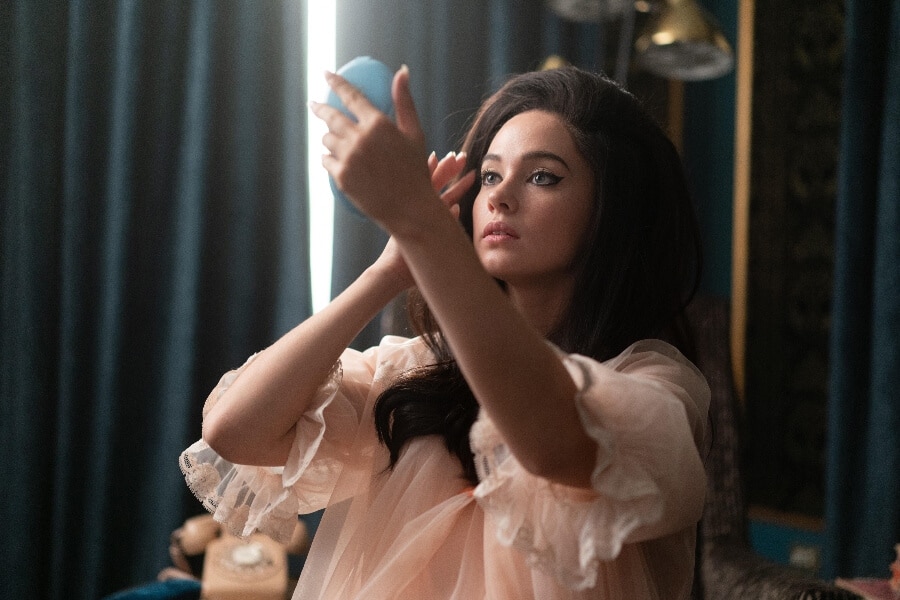
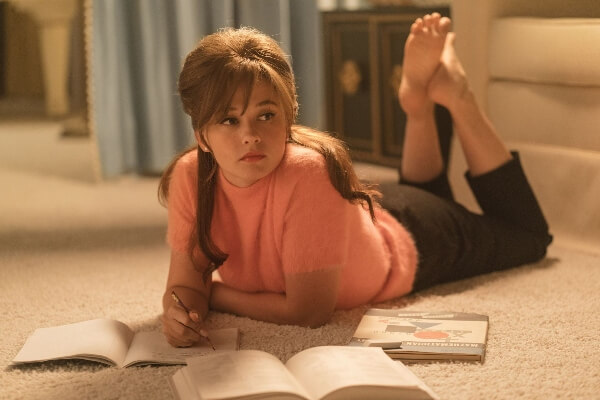
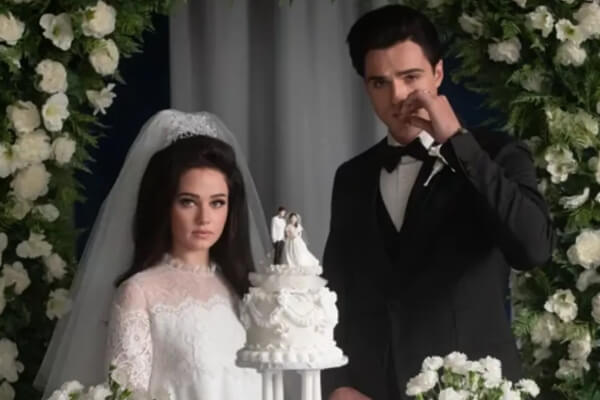
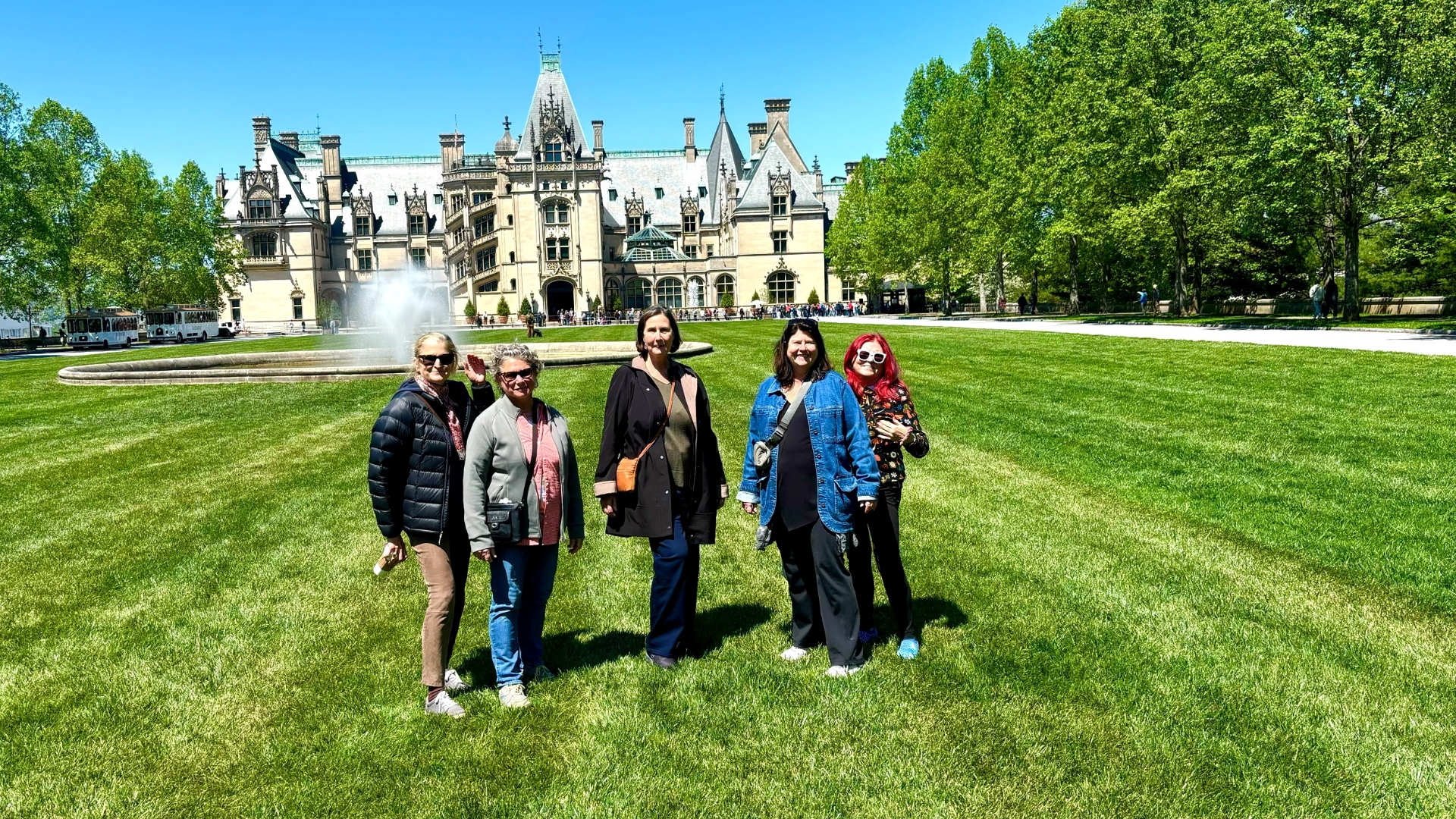

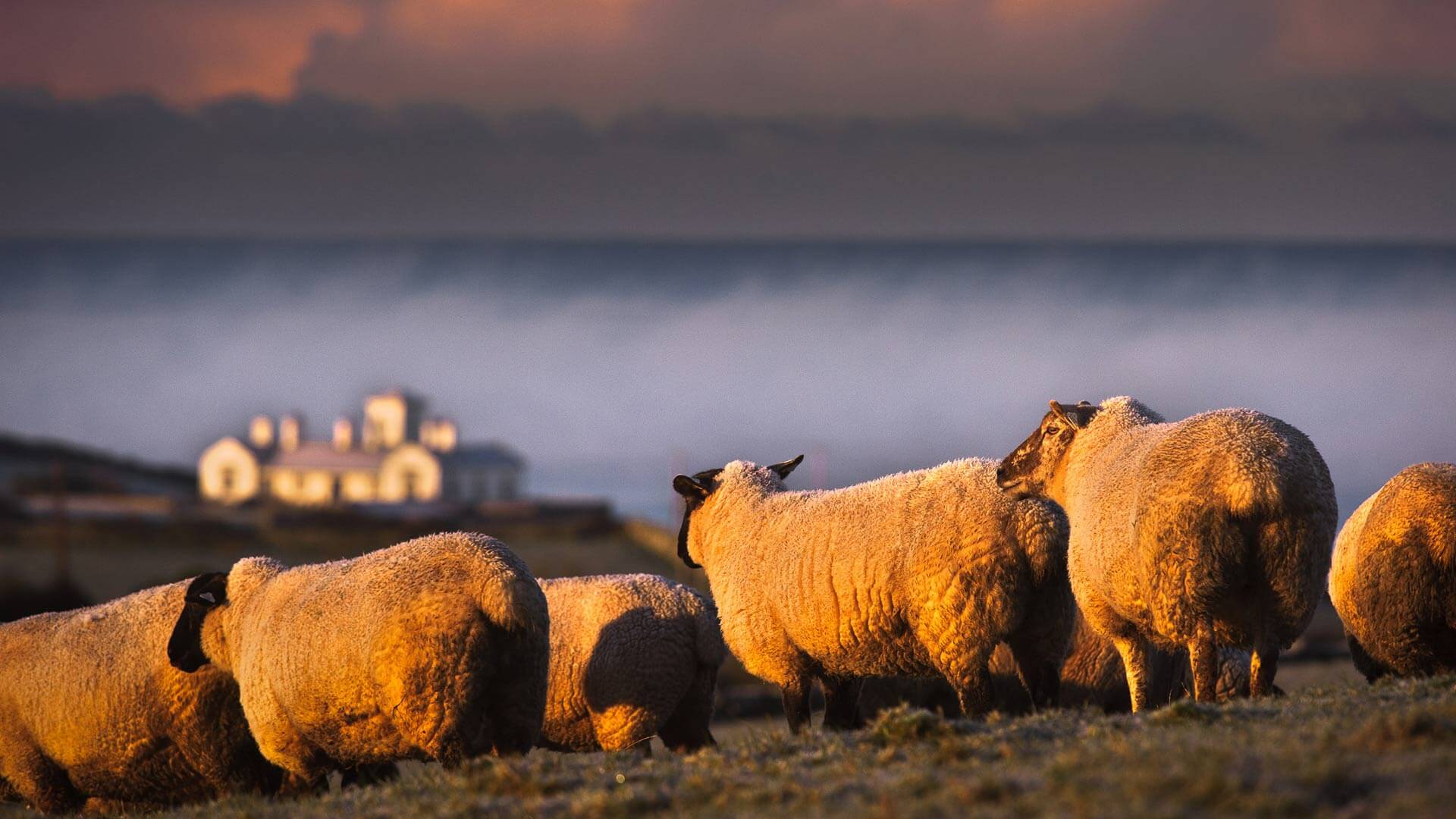








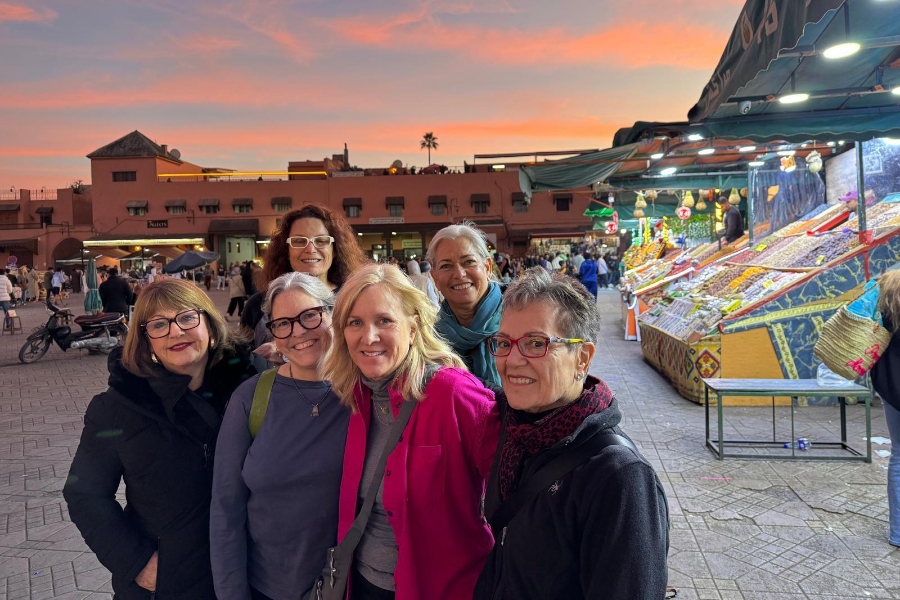




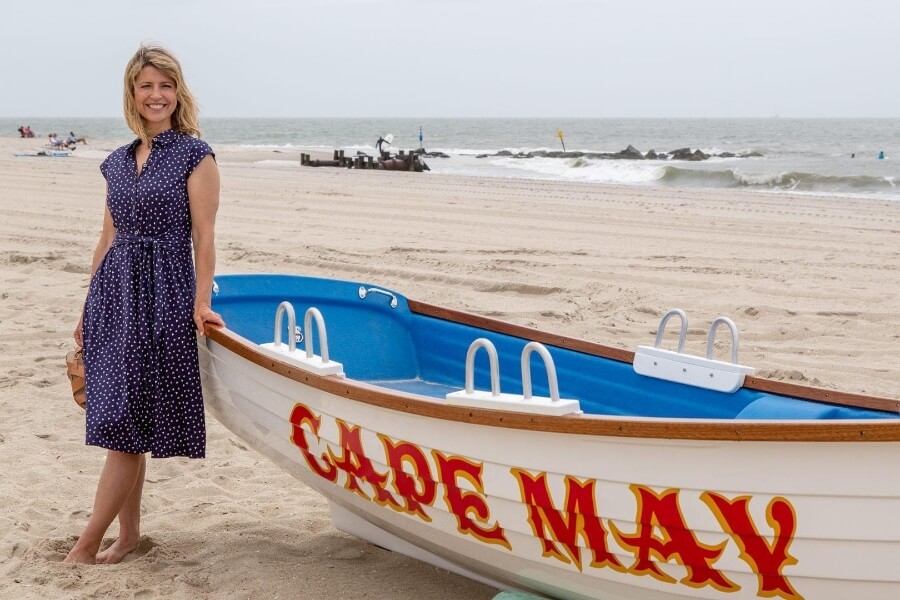


0 Comments